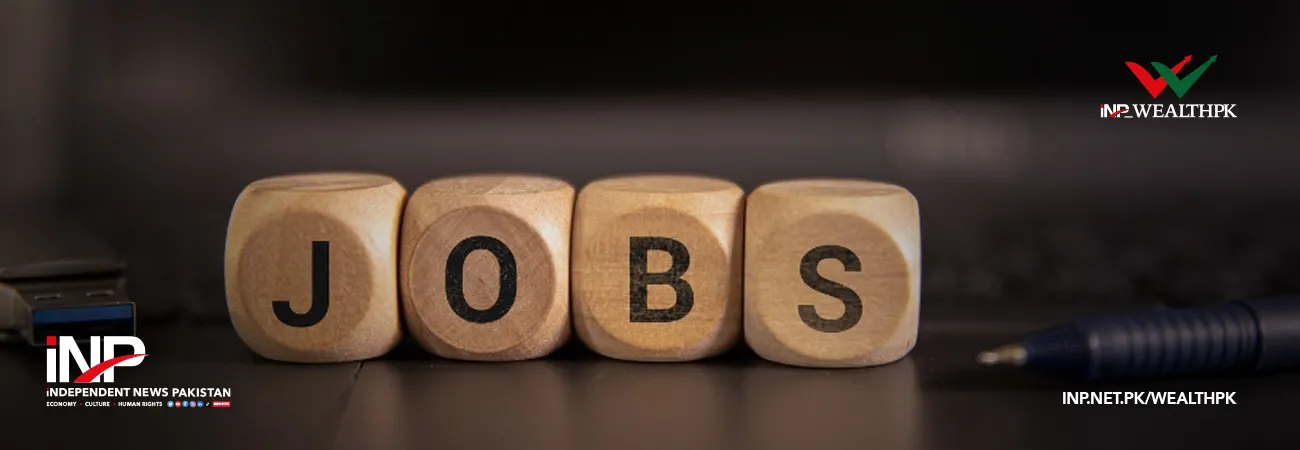INP-WealthPk
Muneeb ur Rehman
The increasing presence of Sharia-compliant financial products signals positive prospects for Pakistan’s financial system and the economy as a whole. “This trend is expected to foster financial inclusivity by incorporating a diverse range of individuals into the financial system,” said Rizwan Ata, President of Bank Islami. As per the Securities and Exchange Commission of Pakistan’s Islamic Finance Bulletin, the market capitalisation of Sharia-compliant companies on the Pakistan Stock Exchange stands at Rs4.14 trillion, representing a significant portion of the total market capitalisation, which amounts to Rs6.36 trillion. Sharia-compliant financial products include bonds, securities, and any other rupee-denominated financial product that maintains the basic Islamic principles of finance, such as Mudarabah (profit/loss sharing), Musharakah (joint venture), and Takaful.
Speaking to WealthPK, Ata said the substantial expansion of Islamic financial products in Pakistan could be predominantly attributed to three principal factors, including religious convictions, the robustness demonstrated by Islamic finance amid global financial crisis, and the accessibility of a varied array of financial products that offer a credible alternative to the conventional banking system. He looked at the progress of Sharia-compliant products as a positive omen for the economy in terms of financial inclusivity. “The worsening poverty situation is attributed to financial exclusion in Pakistan. The limited access to banking and financial services among Pakistanis is influenced by religious beliefs as Sharia prohibits practices such as interest-charging or usury (riba) and speculative transactions involving risk. Consequently, the inability to access funds for economic activities has led to a significant portion of the population facing persistent poverty,” he explained. Salim Khan, Senior Vice-President of Meezan Bank, also underscores the increasing number of Sharia-compliant products in the country.
Top of Form “At present, the Central Depository Company of Pakistan holds 138 Sharia-compliant products,” he said, adding they prominently included Islamic commercial papers (ICPs), Sukuk, Modaraba certificates, and Islamic units offered by Mutual Funds. He pointed out that the anticipated benefits to the economy from Islamic financing are apparent, given the successful initiation of Ijarah Sukuk by the government, amounting to Rs3.15 trillion. “This is noteworthy due to the nominal interest rates associated with Islamic financial products in contrast to non-Islamic counterparts.” He said the rise of Islamic finance in the country was not only beneficial for the economy but would also help Pakistan achieve its goal of making the banking system fully Sharia-compliant by 2027.
inpCredit: INP-WealthPk













